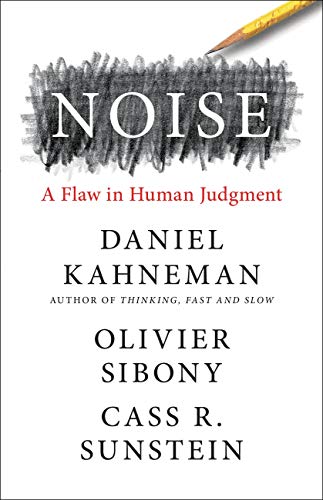Sublime
An inspiration engine for ideas

people have a strong tendency to go along with the status quo or default option.
Richard H. Thaler • Nudge: The Final Edition
Slightly broadening these findings, social scientists have found that they can "prime" people into certain forms of behavior by offering simple and apparently irrelevant cues. It turns out that if certain objects are made visible and salient, people's behavior can be affected. Objects characteristic of
Richard H. Thaler • Nudge: Improving Decisions About Health, Wealth, and Happiness: Improving Decisions About Health, Wealth and Happiness
we should follow a different decision-making strategy, known as “the maximin rule.” To be precise, rather than choosing the option that is best on average (maximizing expected utility), we should compare the worst outcome under each option, and then choose the option where the worst outcome is as good as possible
Daniel Chandler • Free and Equal: A Manifesto for a Just Society
Rational behaviour is not defined by conformity with a set of axioms set down even by such distinguished thinkers as John von Neumann and Milton Friedman.
Mervyn King • Radical Uncertainty
Sen is the father of the Capability Approach, a critical contribution to welfare economics which has been hugely influential since the 1980s. Instead of crude financial measures or naive hedonism, Sen argued that the highest good was the freedom to choose a life one has reason to value—to have options, and thus be able to live deliberately.
Richard Meadows • Optionality: How to Survive and Thrive in a Volatile World
Adam Appich, master of science, is there with several studies that show how legacy cognitive blindness will forever prevent people from acting in their own best interests.
Richard Powers • The Overstory: A Novel
John Rawls laid out much philosophical theory dedicated to the conditions under which a socially just society might be organized. In this, he set out a universalist thought experiment in which a socially just society would be one in which an individual given a choice would be equally happy to be born into any social milieu or identity group.